Over the last two weeks, lawmakers have formally considered the reauthorization of the Workforce Innovation and Opportunity Act (WIOA) while Congress continues to move forward on funding proposals with implications for the Career Technical Education (CTE) community for the upcoming fiscal year.
Senate Considers WIOA Reauthorization
 On Wednesday, June 12, the Senate Health, Education, Labor, and Pensions (HELP) Committee held a hearing to examine issues related to the reauthorization of WIOA. The hearing featured testimony from a slate of five witnesses, including experts on youth apprenticeship, workforce development, and employer representatives. Witnesses highlighted the broader goals of the public workforce system, how WIOA is intended to operate, and the need to better resource workforce development efforts to meet these objectives. The issue of reforming the federal Pell Grant program to allow for shorter-term, high-quality CTE programs was a key theme throughout the hearing. Recently lawmakers in the House unsuccessfully tried to advance legislation on this issue in the National Defense Authorization Act. The Senate is widely expected to formally consider separate legislation later this summer.
On Wednesday, June 12, the Senate Health, Education, Labor, and Pensions (HELP) Committee held a hearing to examine issues related to the reauthorization of WIOA. The hearing featured testimony from a slate of five witnesses, including experts on youth apprenticeship, workforce development, and employer representatives. Witnesses highlighted the broader goals of the public workforce system, how WIOA is intended to operate, and the need to better resource workforce development efforts to meet these objectives. The issue of reforming the federal Pell Grant program to allow for shorter-term, high-quality CTE programs was a key theme throughout the hearing. Recently lawmakers in the House unsuccessfully tried to advance legislation on this issue in the National Defense Authorization Act. The Senate is widely expected to formally consider separate legislation later this summer.
In addition, the hearing examined a wide range of issues including the need to more effectively connect programs authorized by WIOA with K-12 education systems as a way to identify youth before they become disconnected from education or work. Senators and witnesses also discussed ways to better incorporate youth apprenticeship programs in high schools and the importance of supportive services and work experience for populations served by WIOA. The Senate HELP Committee is expected to release a discussion draft for WIOA reauthorization in the near future. Advance CTE will provide further analysis and recommendations regarding this proposal when it becomes available.
View an archived webcast of the hearing, including witness testimony
House Lawmakers Continue to Advance FY25 Funding Proposals
The House has been on a recess period this week while the Senate convened for part of the week around the June 19 federal holiday. Before recessing, the House advanced the National Defense Authorization Act (NDAA)—legislation that sets the policy direction for defense spending for the coming fiscal year. The House narrowly passed the NDAA, largely along party lines due to the inclusion of several contentious amendments by a margin of 217-199. When House lawmakers return next week, they are expected to begin formal consideration of the fiscal year 2025 (FY25) Labor-HHS-ED funding bill—legislation that provides funding for the Carl D. Perkins Career and Technical Education Act (Perkins V) and other key education and workforce development investments. It is widely expected that this legislation will propose significant cuts, as lawmakers did last year, for many programs within this portion of the federal budget.
More recently, Senate appropriations leaders announced that they will begin the process of considering, marking up, and advancing their own FY25 education funding bill next month. It is widely expected that the Senate will take a much more moderate approach for FY25 funding, although leaders have continued to share concerns regarding the caps currently in place that limit funding available for domestic programs, including for CTE.
Title IX Rule Blocked
As shared previously, the U.S. Department of Education (ED) recently published new Title IX regulations intended to strengthen protections against sex discrimination. The new rules are scheduled to take effect August 1, 2024 and codify new protections for LGBTQ students, staff, and others against discrimination, including based on one’s sexual orientation or gender identity. Additionally, the regulations will allow school districts to use a more uniform grievance process to address all forms of reported discrimination. However, in recent weeks two separate federal courts have temporarily blocked this rule in several states amid a flurry of lawsuits from Republican-led states objecting to the new rule. Further litigation on this issue is expected and a final resolution remains unclear.
ED Issues Guidance on Correctional Education
 Last month, the U.S. Department of Education’s (ED) Office of Career, Technical, and Adult Education (OCTAE) issued a Dear Colleague letter calling for greater investments in education within correctional settings. The guidance urges states to use a greater share of Perkins V and Adult Education and Family Literacy Act funding for justice-involved populations. The letter argues that greater investment on this issue can help reduce recidivism rates and promote safer communities by helping to facilitate more seamless reentry for these populations.
Last month, the U.S. Department of Education’s (ED) Office of Career, Technical, and Adult Education (OCTAE) issued a Dear Colleague letter calling for greater investments in education within correctional settings. The guidance urges states to use a greater share of Perkins V and Adult Education and Family Literacy Act funding for justice-involved populations. The letter argues that greater investment on this issue can help reduce recidivism rates and promote safer communities by helping to facilitate more seamless reentry for these populations.
Steve Voytek, policy advisor



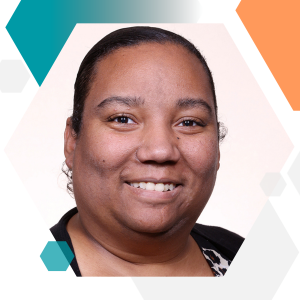
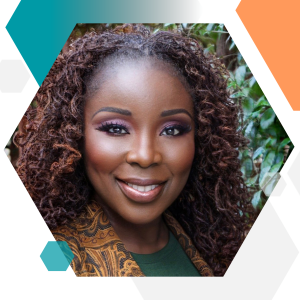

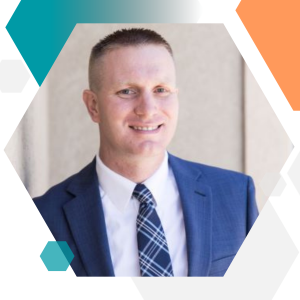
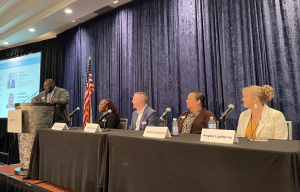 Fellows were also asked to share the key event or events that reinforced their decision to apply to the Fellowship, in other words – when they knew they made the right decision. Dr. Gardner shared that in CTE she rarely has an opportunity to work with or collaborate with other leaders of color across the nation and view the entire landscape of leadership possibilities in postsecondary CTE. The Fellowship offered an opportunity to build a network consisting of her peers, guest speakers invited to the Fellowship workshop and most importantly her coach whom she felt she was perfectly matched with based on their commonalities and interests. She recognized the level of thought the Advance CTE staff dedicated to finding the right mentor for each of the Fellows. Caleb discussed being paired with a postsecondary administrator with an automotive background and how the monthly coaching meetings inspired him to begin seeking the director position he currently holds at his institution.
Fellows were also asked to share the key event or events that reinforced their decision to apply to the Fellowship, in other words – when they knew they made the right decision. Dr. Gardner shared that in CTE she rarely has an opportunity to work with or collaborate with other leaders of color across the nation and view the entire landscape of leadership possibilities in postsecondary CTE. The Fellowship offered an opportunity to build a network consisting of her peers, guest speakers invited to the Fellowship workshop and most importantly her coach whom she felt she was perfectly matched with based on their commonalities and interests. She recognized the level of thought the Advance CTE staff dedicated to finding the right mentor for each of the Fellows. Caleb discussed being paired with a postsecondary administrator with an automotive background and how the monthly coaching meetings inspired him to begin seeking the director position he currently holds at his institution. 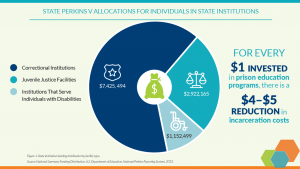
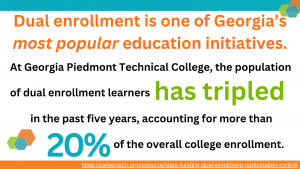
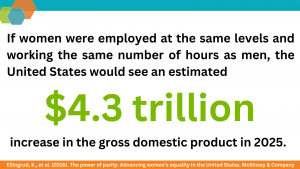
 Tell me more about your journey to the Fellowship.
Tell me more about your journey to the Fellowship.